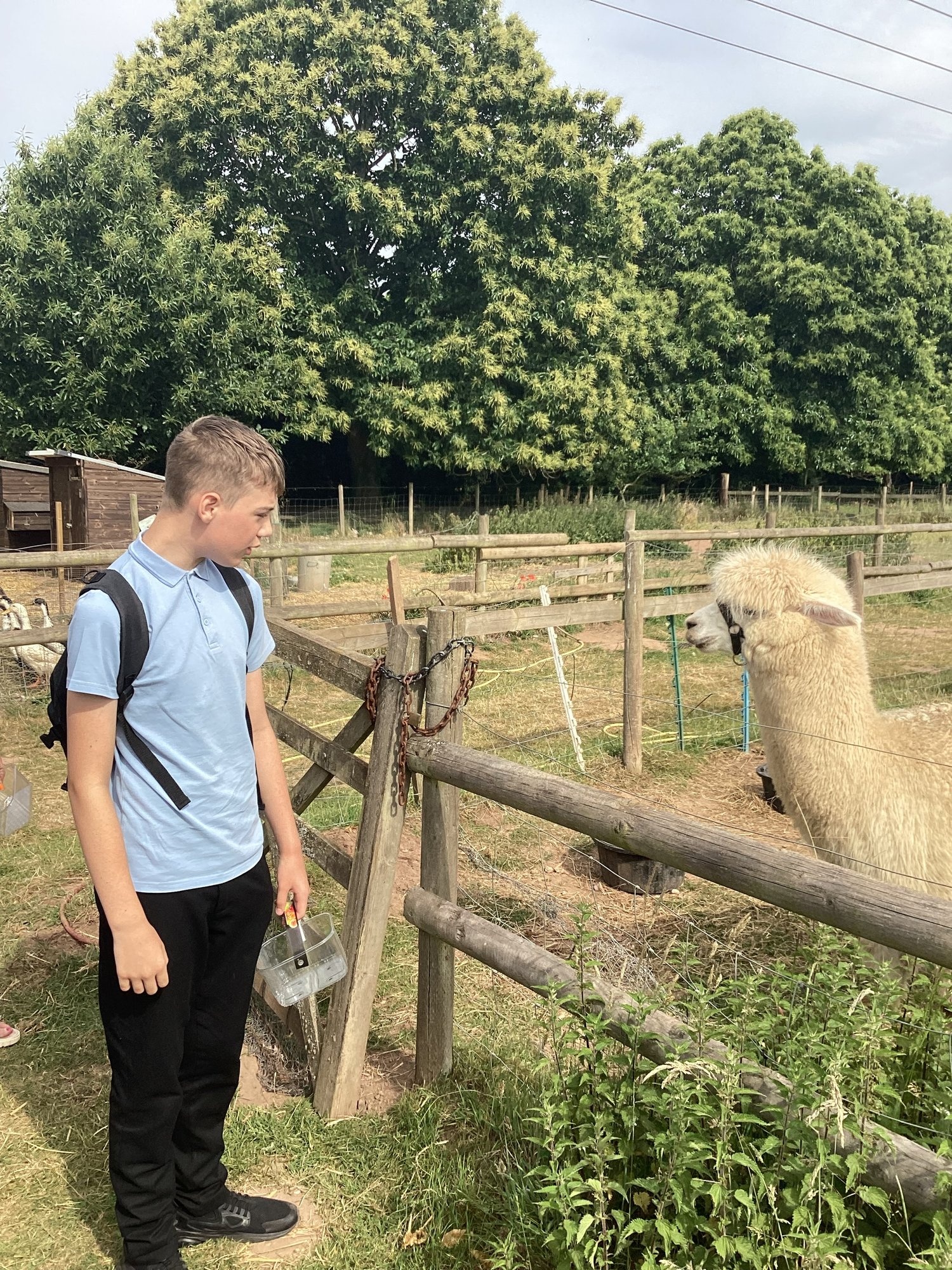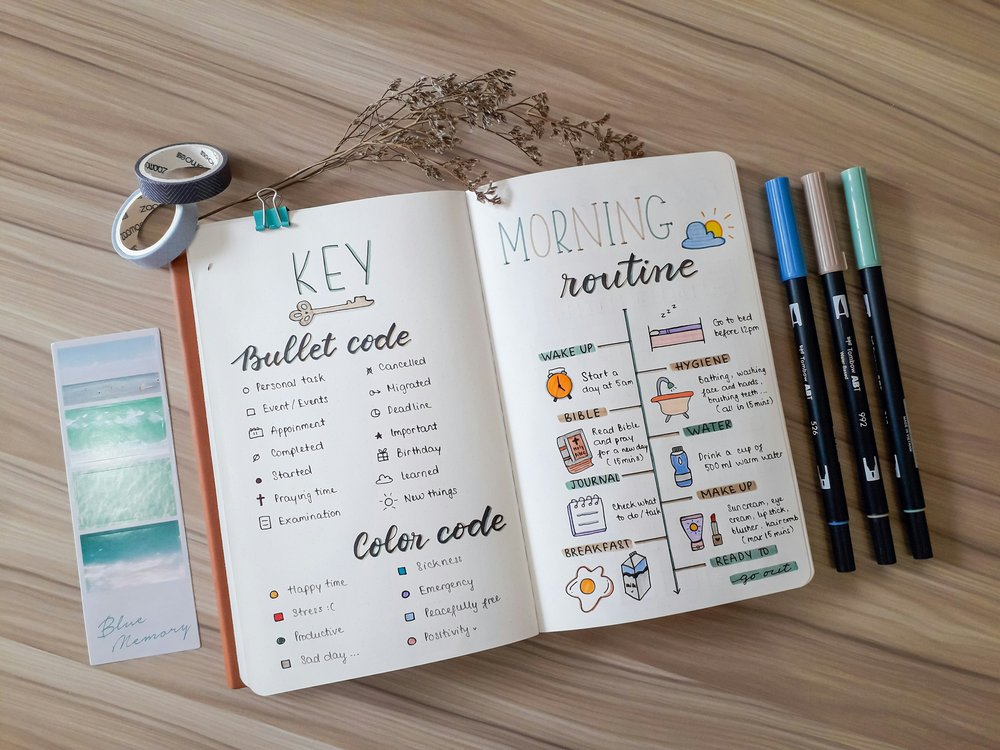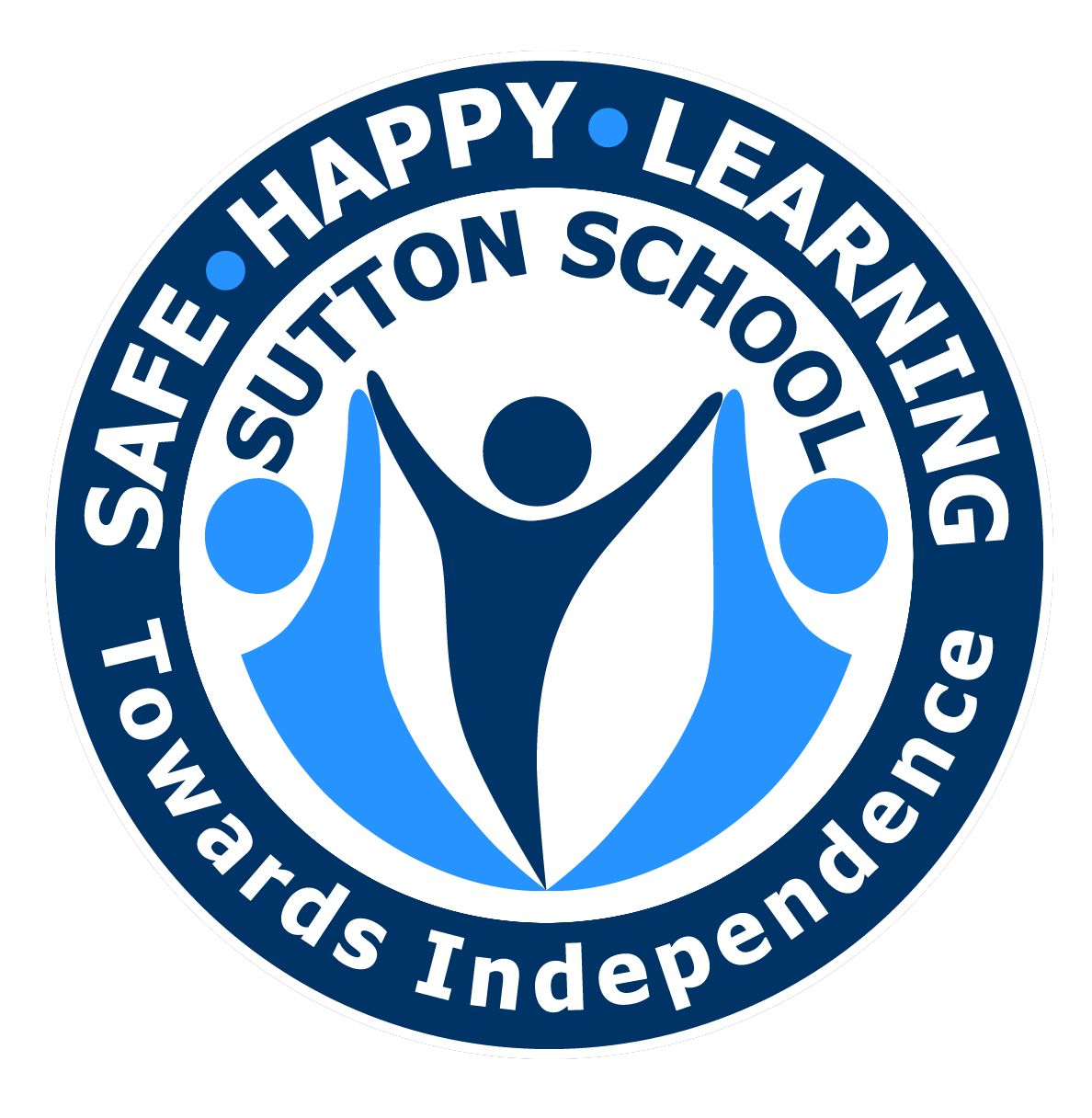Friday 11th July 2025

Pioneer centre residential 2025
Some of our children have headed off to the Pioneer Centre this week for fun and adventures with the Gruffalo! We wish them a fantastic time and look forward to sharing all their exciting stories in next week’s newsletter.

Phase Focus
Trees Phase Highlights
It’s been a wonderfully busy time in Trees Phase! Pupils have embraced a huge range of creative, practical and outdoor learning experiences.
Year 7 pupils have enjoyed making jam sandwiches, fruit kebabs and ladybird number bonds, and even built catapults in Science! 7T1 and 7T2 explored villages, towns and cities on Google Maps and created balanced arguments about Toad from The Wind in the Willows, while 7T1 navigated Baggeridge using compasses. Pupils across 7T1, 7T2 and 7T3 took part in an inspiring textile workshop from the Black Country Living Museum. 7T2 also enjoyed a fascinating trip to RAF Cosford. Some classes have produced beautiful artwork, including observational drawings, natural environment pieces inspired by Andy Goldsworthy and studies of shells.
Year 8 have been equally busy! 8T1 visited a garden centre, explored Greek mythology and designed their own art symbols and logos. 8T2 and 8T3 went strawberry picking and hunted for fairy doors at Himley. In Art, 8T2 investigated magnets while 8T3 created clay monkeys and decorated biscuits. 8T4 drew trees and enjoyed Wonderland fun activities.
Across both year groups, pupils have developed practical skills — from making keyrings for Duke of Edinburgh to participating in a cooking competition. Some pupils also visited the local Baptist church. Maths lessons have focused on lines of symmetry and number bonds, and some pupils tackled creative writing and argument-building tasks.
A fantastic half-term full of creativity, teamwork and hands-on learning — well done to everyone in Trees Phase!

Beyond Sutton

Tips for Home – Supporting Routine & Regulation Over Summer
As we approach the summer holidays, it’s important to acknowledge the need for rest, play, and recovery—for both children and families. The school year can be full-on, and everyone deserves time to recharge. But for many children with additional needs such as ADHD, autism, sensory processing difficulties or anxiety, the lack of school structure can also be unsettling.
Children with ADHD or similar neurodivergent profiles often thrive on routine, predictability, and clear expectations. When those structures disappear during long holidays, it can lead to dysregulation, difficulty sleeping, emotional outbursts, or increased anxiety.
Here are some gentle strategies you can use to support your child over the summer break, helping to maintain a sense of security, stability and connection—while still leaving space for fun and freedom.
1. Use a Visual Timetable or Daily Plan
Even if every day won’t be the same, a simple picture-based or written plan helps children know what’s coming next.
Try using symbols or drawings for meals, activities, rest time, or visits.
Include your child in building it—giving them some choice and control helps build independence.
Top tip: Stick to consistent wake-up and bedtime routines to support sleep regulation and reduce morning stress.
2. Create a Calm Corner or Regulation Space
Set up a small area in your home where your child can retreat when they feel overwhelmed.
This might include:
A weighted blanket or beanbag
Fidget toys or sensory bottles
Headphones or soft music
Familiar smells or soft textures
Having a calm space teaches children that it’s okay to take a break—and gives them a safe strategy to self-regulate.
3. Try Simple Breathing Techniques
These are powerful tools to help children (and adults!) reset their nervous systems when things get too much.
Fun ideas include:
Bubble breathing – blow slowly to make a big bubble
5-finger breathing – trace your hand while breathing in and out with each finger
Starfish stretch – stretch like a starfish while taking a deep breath in, then slowly curl into a ball as you exhale
Even just 2–3 minutes a day can build emotional resilience over time.
4. Stick to a Loose Weekly Structure
While every day doesn’t need to be rigid, a weekly rhythm can be helpful—e.g.:
Monday = home day
Tuesday = outdoor day
Wednesday = creative play
Thursday = visit family
Friday = baking or water play
This gentle framework helps children anticipate the flow of their week and feel more secure.
5. Keep Communication Open
Talk to your child about how they’re feeling using tools like:
Emotion wheels or zones of regulation
"Check-ins" during the day
Social stories to prepare for changes, such as family events or holidays
Letting them know that all feelings are okay builds trust and emotional awareness.
Final Thought:
While the holidays should be enjoyable, don’t feel pressured to pack every day with activity. Small, consistent routines—paired with rest and play—can go a long way in helping children feel safe, regulated and connected.

HAF ( Dudley holiday activities)
It’s not too late to sign up!
The HAF (Holiday Activities and Food) programme is running again throughout the 6-week summer holiday, offering free activities and meals for children and young people across Dudley.
Whether your child enjoys sports, crafts, drama, cooking, games, or simply making new friends—there’s something for everyone. Many sessions are inclusive and tailored to support children with SEND, providing a safe, welcoming space for all.
What are the benefits of HAF?
Fun, engaging activities that keep children active and stimulated
A free, healthy meal provided at each session
Opportunities to build confidence, make friends and try new things
Helps to maintain routine during the school holidays, which can be especially beneficial for children with additional needs
Delivered by trained providers who understand and support a range of needs
How to Book
Bookings are now open—and it’s not too late to secure a place for your child this summer!
Visit: www.dudleyholidayactivities.org.uk
Be sure to register and select your preferred sessions early, as places can fill up quickly.

Accessible Outdoors Month 2025
Celebrating Inclusion, Exploration and the Power of Nature
This July, we are proud to celebrate Accessible Outdoors Month 2025—a national campaign championing inclusive access to outdoor spaces for all, regardless of ability or needs.
As a specialist school, we understand the vital role that nature, movement, and fresh air play in supporting the mental health, wellbeing, and sensory regulation of our young people. Outdoor environments offer rich, meaningful learning experiences beyond the classroom walls, and this month we’re showcasing the many ways our school embraces and promotes outdoor accessibility.
This month, we’re not only celebrating accessibility—we’re championing equity, independence and inclusion in every leafy corner, muddy puddle, and open sky our pupils encounter.
#AccessibleOutdoorsMonth2025 #InclusionInNature #SENDOutdoors #EveryChildOutdoors
